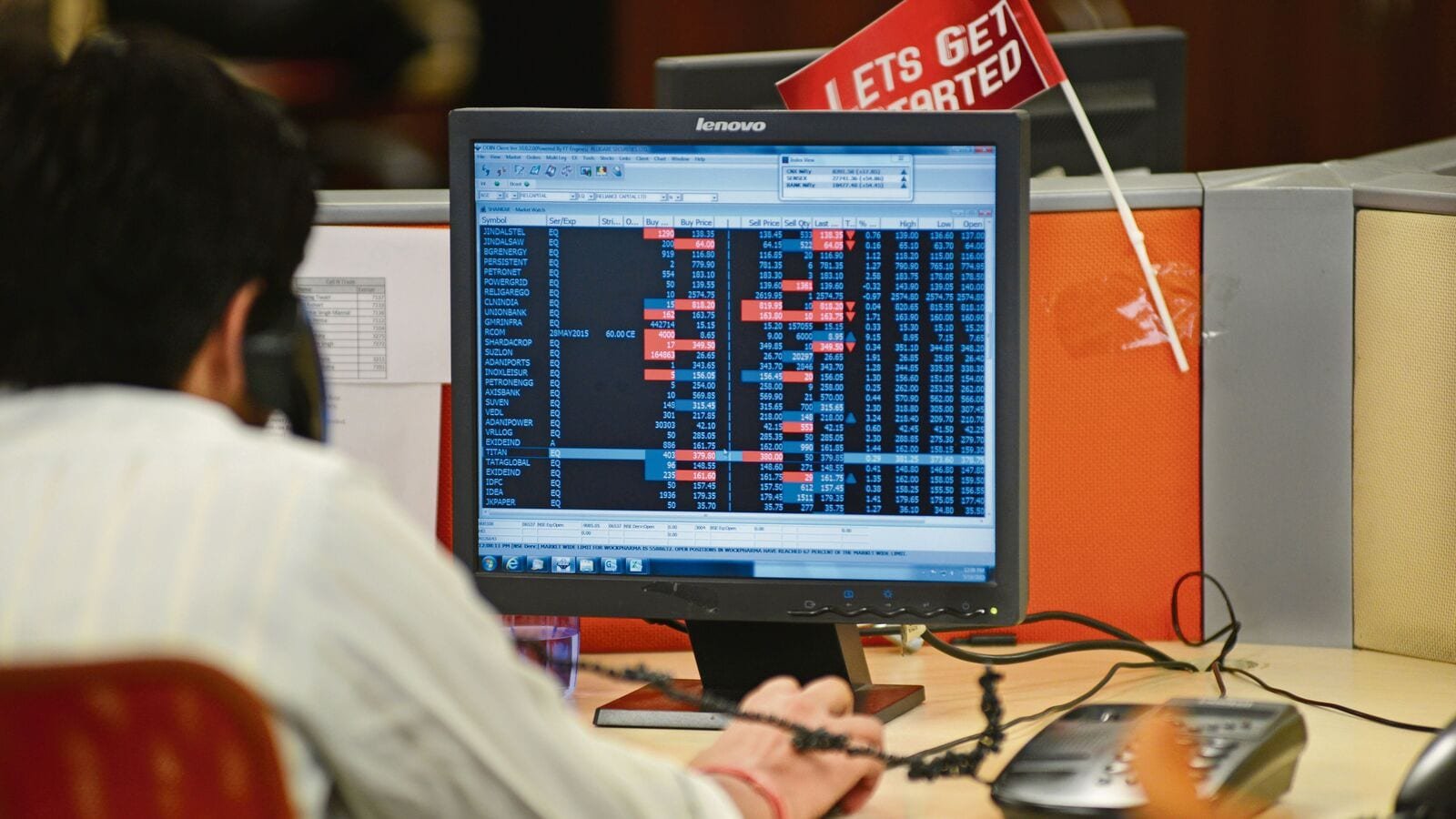Starting 15 October, salaried individuals can adjust such TCS payments against the tax deducted at source (TDS) on their salaries. Previously, they could only claim a refund of the TCS when filing their tax returns. This affected salaried individuals in particular as professionals could always factor in the TCS while computing advance tax, said Prakash Hegde, a chartered accountant in Bengaluru.
In this year’s budget the finance minister had proposed that individuals be allowed to claim TCS credit against the TDS on their salary. The Central Board Direct Taxes (CBDT) passed the proposal last week and issued a new form called Form 12BAA.
View Full Image
Which payments attract TCS?
For salaried employees, TCS is mainly deducted on payments under the Reserve Bank of India’s Liberalised Remittance Scheme (LRS). There’s also 1% TCS on cars priced above ₹10 lakh. “All foreign remittances under LRS attract TCS, including tuition fees of foreign universities, gifts to relatives, repayments of overseas loans, and certain overseas investments, among other things,” said S Sriram, partner at Lakshmikumaran & Sridharan Attorneys (LKS).
Also read: Jinesh Gopani, former Axis MF star, plots comeback with Taksh AIF
The TCS rate varies depending on the type of payment and whether the amount spent under LRS exceeds ₹7 lakh (see graphic).
“Credit card payments made while travelling abroad are currently not considered as LRS payments, and are thus not subjected to TCS. But spending through debit cards abroad is subject to TCS,” Sriram added.
How does Form 12BAA work?
Employees must fill Form 12BAA with details of the tax collected from them and submit it to their employer so the TDS on salary can be calculated accordingly.
Most experts say this form can be submitted any time as the rules do not mention a particular time to do so. Hegde said the form can be submitted as and when TDS/TCS happens as no due date or time limit are specified.
Sriram agreed, saying, “There are no restrictions on the number of times the form can be submitted. If, after submitting the form, TCS is collected on any other account, a fresh form can be submitted to the employer to compute the TDS liability on salary appropriately.”
Also read: How grandparents can invest for their grandchildren without hiccups
However, Janhavi Pandit, a CA in Mumbai, said for ease of administration, employers are likely to collect Form 12BAA from all their employees at once. “The clue can be taken from Form 12BB, where the employer obtains details of deductions and claims of HRA, LTA, housing loan interest and Section 80C. Form 12BB is generally obtained in December or January so that the employer has adequate salary bandwidth and time to calculate the correct TDS on salary,” she explained.
However, all experts unanimously agreed that employees don’t have to submit supporting documents with Form 12BAA. “Form 12BAA includes a part where the employee has to confirm that the information given is complete and correct. Therefore, the onus lies on the employee for correct submission of income and TDS/TCS details,” said Pandit.
Can TCS be adjusted against interest and capital gains?
Form 12BAA can only be submitted to employers. TCS credit cannot directly be adjusted against TDS on interest from fixed deposits (FDs), capital gains on property, dividends, rent or any other income on which TDS is deducted by declaring the TCS to the deductor, say, bank in case of FD.
However, Form 12BAA allows you to declare TDS deducted on various types of income to your employer. This means you can tell your employer about the TDS deducted on all your incomes besides salary, which can be used to adjust against the TDS on your salary (see graphic).
Form 12BAA also lets you declare losses on residential property and adjust this against TDS on salary.
Earlier, salaried employees could factor in TCS when making advance tax payments on, say, capital gains. Now, employees can provide all such details through Form 12BAA to their employer, who will update the TDS accordingly, said Hegde.
Also read: How hybrid funds can mitigate various investing risks




